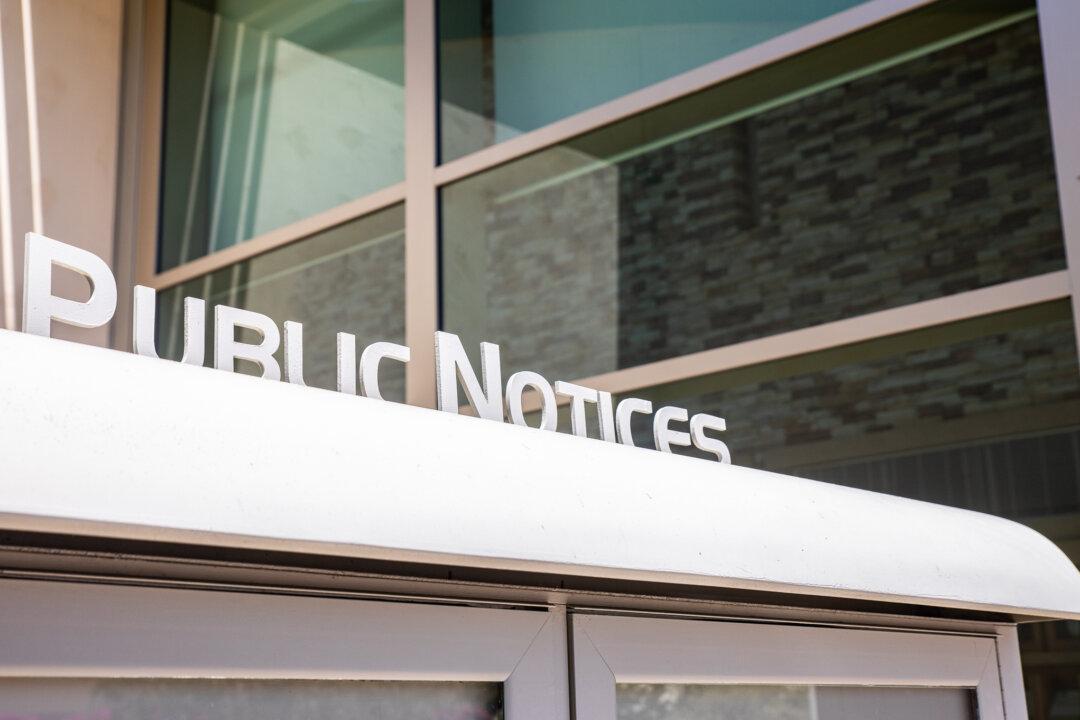The Mission Viejo City Council unanimously approved an ordinance Aug. 23 requiring sober living, or group homes to register with the city.
These group homes that house six or fewer people who are exiting drug rehabilitation programs now must send an application to the city with the operator’s contact information.





